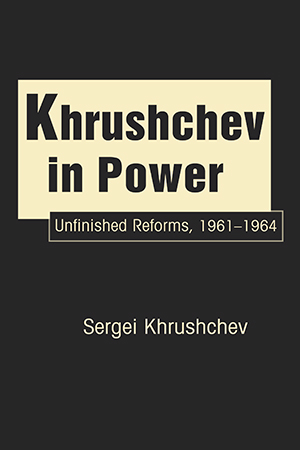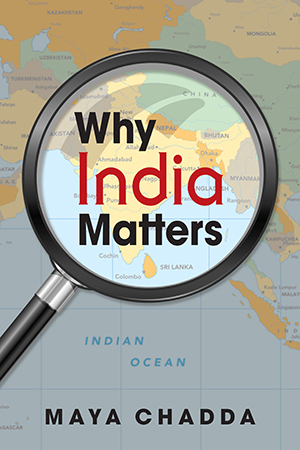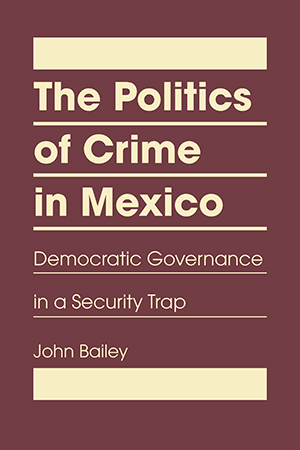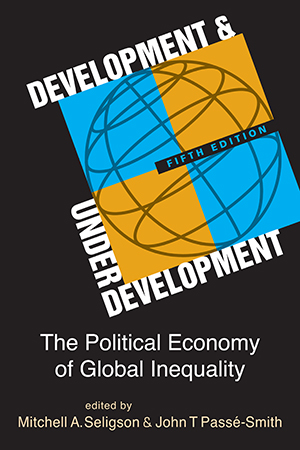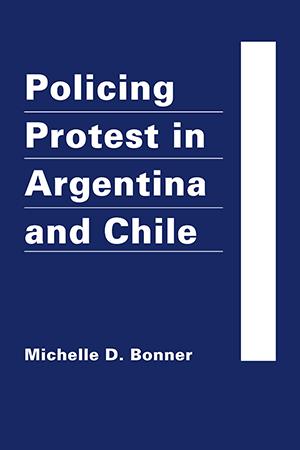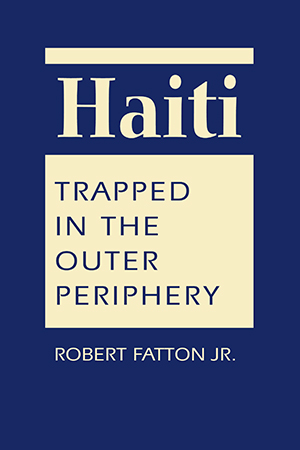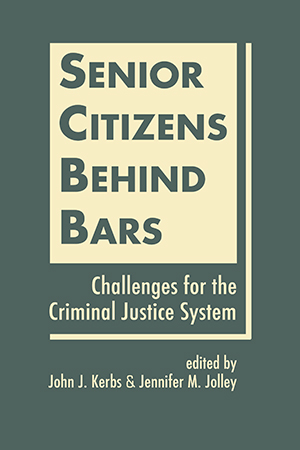BOOKS
A full reckoning of Nikita Khrushchev's accomplishments and failures cannot be complete without looking beyond his foreign policy initiatives to assess his efforts to introduce domestic More >
Why is India's rise on the world stage so controversial? How can a state that is losing authority to its regions at the same time grow in international importance? Exploring an apparent More >
How have colonial and partisan politics in Puerto Rico affected the language used in public schools? What can we learn from the conflict over the place of English in Puerto Rican society? More >
Don Barnard's reader's guide plumbs the richness, subtlety, and power of Derek Walcott’s Omeros. Barnard adeptly lays out the major themes of the work, explains More >
Has China's much-discussed "charm offensive" come to an end? Are fears about the country's more assertive foreign policies justified? How will a rising China interact with More >
What kind of democracy will emerge in Mexico when the current levels of violence are brought under control? Will democratic reformers gain strength in the new equilibrium between government More >
The fifth edition of this classic reader retains many of the articles that have made the book a must-assign for classes on development and political economy, but has been updated with 14 new More >
Winner of the Canadian Political Science Association's Prize in Comparative Politics, 2016! Despite the pervasiveness of electoral democracy in Latin America, the police continue to More >
The inability of the Haitian state to deal with the devastation of the January 2010 earthquake brought into sharp focus Haiti’s desperate social and economic conditions—and More >
Within two decades—if not sooner—at least one in three prisoners in the US will be a "senior citizen." Our prisons, however, were designed for a much younger More >



